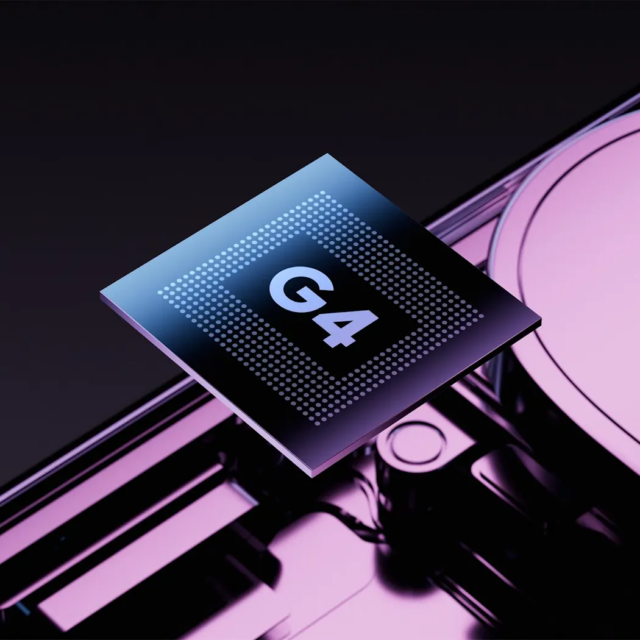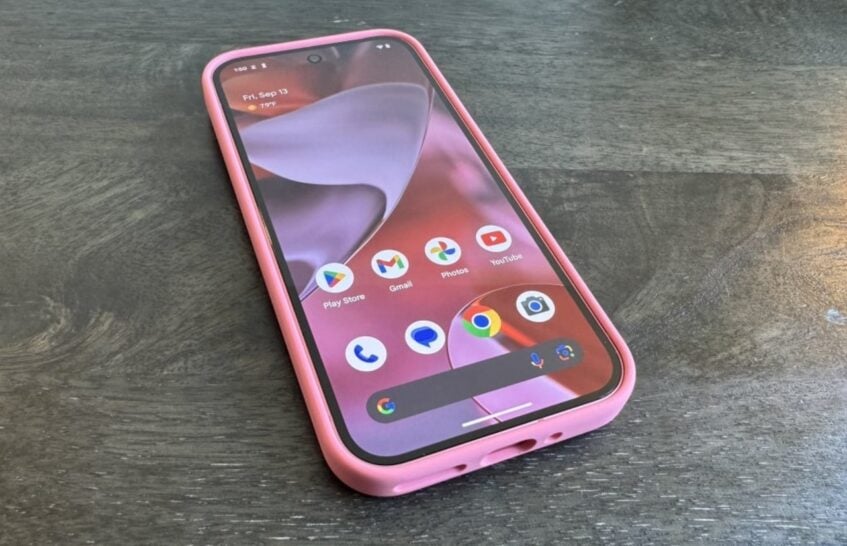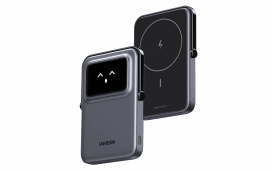A recent leak shows that Google knows Pixel phones have two main problems: overheating and bad battery life. These issues have been around since the Pixel 6, when the company officially switched to their own processors. Overheating was one of the main reasons people returned their phones, and many Pixel 6 and 7 owners said their phones couldn’t last a full day on a single charge.
Google plans to fix these problems with a new chip, the Tensor G6, coming in the Pixel 11 in 2025. Although the Pixel 9 has made improvements in these areas already, work is still ongoing to improve the chip and make it more profitable.
Google’s Tensor G6 will cut corners to save money
Four generations of Tensor chips later, Google still hasn’t impressed performance enthusiasts. Despite some improvements, their products remain behind the competition in terms of specifications. The upcoming Tensor G5 is supposed to improve power efficiency and heat management because it’s moving from Samsung’s hands to TSMC’s. Still, it may not be enough to match rivals.
The Tensor G6, expected with the Pixel 11, will bring only small upgrades, and might even see some downgrades in certain areas. Google says that they have a reason. Let’s find out if it’s convincing enough.
Android Authority recently shared details about the Tensor G6 chip, with its main goal being to reduce costs, enhance battery life, and boost thermal performance, areas where previous Tensor chips have struggled. Leaked documents suggest that the chip will have a smaller size to save money while still keeping important features.
The documents come from Google’s own gChips division, and exposes how they have been struggling to meet financial targets with Tensor-based devices, leading to a shift in priorities for the chipset and major compromises. For one, they’ll remove ray-tracing support in the GPU and reduce the number of cores in the digital signal processor (DSP) and system-level cache (SLC).
A better battery life is coming, but with compromises
The good part about Google downgrading the Tensor G6 is that your phone’s battery life will get an upgrade as demanded. The bad news is that your experience is obviously affected. For example, ray tracing makes games and visuals look more realistic, with better lighting and shadows. Without it, games and apps don’t look as impressive, especially compared to phones that still support ray tracing.
For the CPU, the G6 will use a mix of one high-performance core and six smaller cores, but it won’t offer a huge boost in performance compared to earlier versions. Instead, Google is more occupied with adding features like refined video recording and superior low-light photography. They should make the Pixel 11 stand out for anyone looking for unique software and hardware features.
The leaked document from Google also says that the company wants the cost of its chip to be around $65, much cheaper than Qualcomm’s chips, which cost about $150. Given the large price difference, it’s odd that they didn’t reach their financial goals already.
Meanwhile, Android Authority’s poll reveals that most people think Google should focus on making its chips better while still keeping its special features. A balance of both could help the brand compete better in the smartphone market.












